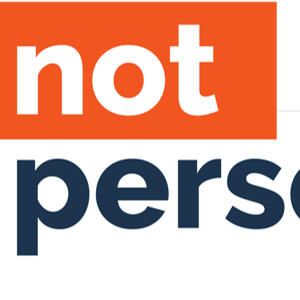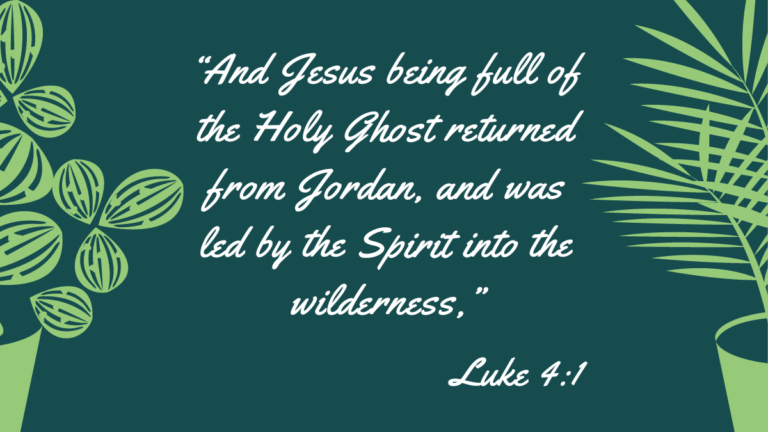Beyond Business

“It’s not personal; it’s business” is a phrase often heard in the corporate world, where decisions are framed as pragmatic rather than emotionally driven. Yet, when contemplating the divine, the question arises: What if God were to declare, “It’s not personal; it’s business”? This article delves into the profound implications of such a statement, exploring the theological and emotional dimensions that surround pivotal moments in Christian doctrine and the nature of God’s relationship with humanity.
The Crucifixion: A Personal Sacrifice
The central event in Christianity—the crucifixion of Jesus—raises the question of whether God would ever declare, “It’s not personal.” However, a closer look reveals the deeply personal nature of this sacrifice. John 3:16 articulates, “For God so loved the world that he gave his one and only Son, that whoever believes in him shall not perish but have eternal life.” This verse emphasizes the profoundly personal nature of God’s sacrifice for humanity, challenging the notion that divine actions are merely business transactions.
Judgment and Eternal Consequences
Contemplating God’s judgment raises another critical question: What if God declares, “It’s not personal” when consigning the lost to eternal separation? Yet, biblical references portray judgment as a deeply personal interaction between God and individuals. Revelation 20:12 elucidates, “And I saw the dead, great and small, standing before the throne, and books were opened. Another book was opened, which is the book of life.” This vivid portrayal of judgment underscores the personal significance of divine decisions.
Divine Life: Beyond Business
Consideration of God’s statement in the context of His own existence prompts reflection on the nature of divine life. Instead of distancing Himself with “It’s not personal,” the Bible reveals a deeply personal God. In Exodus 3:14, God declares, “I am who I am,” emphasizing His self-revelation as a deeply personal encounter with humanity.
Conclusion:
In conclusion, the phrase “It’s not personal; it’s business” takes on profound implications when applied to God’s actions. The crucifixion challenges the notion of divine decisions being detached from personal involvement, emphasizing the deeply personal sacrifice for humanity. Likewise, the idea of judgment and eternal consequences is characterized by a personal interaction between God and individuals. Ultimately, God’s own declaration of “I am who I am” underscores the profoundly personal nature of divine existence. While business language may find a place in human affairs, the divine realm invites us to explore the depths of personal connection and encounter with the Creator, suggesting that, for God, it is indeed personal.



